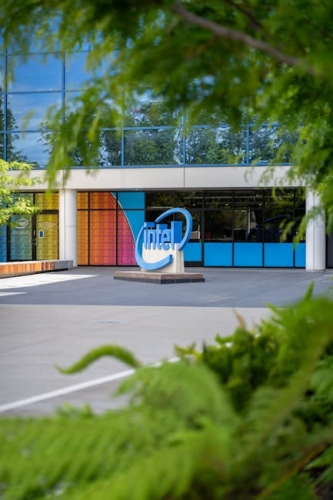
Intel Unveils the Challenges Behind Its Unconventional Arrow Lake Desktop CPUs
And announces four out of five identified issues “resolved”.
Intel’s unique Core Ultra 200-series desktop processors, known by the codename Arrow Lake, were met with significantly disappointing reviews upon their October release. Now, the American company has assembled five factors it claims to be responsible for the discrepancy between its anticipated performance levels and the experiences of reviewers. Notably, four of these issues have already been addressed through BIOS, Windows, or software updates, with additional performance improvements expected in January 2025.
For perspective, our review of the Core i9 285K and Core i5 245K highlighted performance gains for the 285K compared to the previous 14900K in three games – Crysis 3 Remastered, Dragon’s Dogma 2, and Forza Horizon 5 – while the 14900K maintained its superiority in the remaining eight titles we tested, often by significant margins.
Below are the five factors, their original cause, and latest status, quoted from Intel’s announcement:
| Performance Issue | Original Cause | Resolution Status |
|---|---|---|
| Erratic scheduling, significant variation in performance, low single-thread performance, sporadic ~1.5x increase in DRAM latency, performance drop on Windows 11 24H2 compared to 23H2 | Intel miscalibrated the introduction of OS power management settings (“PPM”), affecting DVFS, core parking, and C-states, resulting in a 6-30% performance decline | Resolved in Windows 11 26100.2161 or later |
| Intel Application Performance Optimizer (APO) failing to deliver expected performance results | Missing PPM settings caused the CPU to enter a state where APO profiles couldn’t activate, leading reviewers to disable APO in their BIOS. This caused a 2-14% performance loss on titles utilizing APO profiles | Resolved in Windows 11 26100.2161 or later |
| BSOD occurring when launching Easy Anti-Cheat games on Windows 11 24H2 | Identified issue with Easy Anti-Cheat KMD and Windows 11 24H2, worsened by the deactivation of Virtualisation-Based Security (VBS) | Resolved with new Easy Anti-Cheat driver released by Epic |
| Performance settings misconfigured in some pre-release BIOS versions | Integrity of essential performance settings was not adequately verified by Intel, including ReBAR, Intel APO, compute ring frequency, IMC specifications, and sustained/transient power limits, which led to a 2-14% performance decline | Resolved in consumer BIOS versions currently available |
| New BIOS performance optimizations | New enhancements tailored for upcoming BIOS updates are now being validated by Intel and its partners, with single-digit performance improvements expected across a 35-game geometric mean | Motherboard BIOS updates scheduled for January 2025 |
The table provides intriguing insights, and Intel’s community blog delves deeper into each identified issue as well. In this blog, Intel promises “a comprehensive performance update, including the January BIOS updates” at CES early next year, so we should
